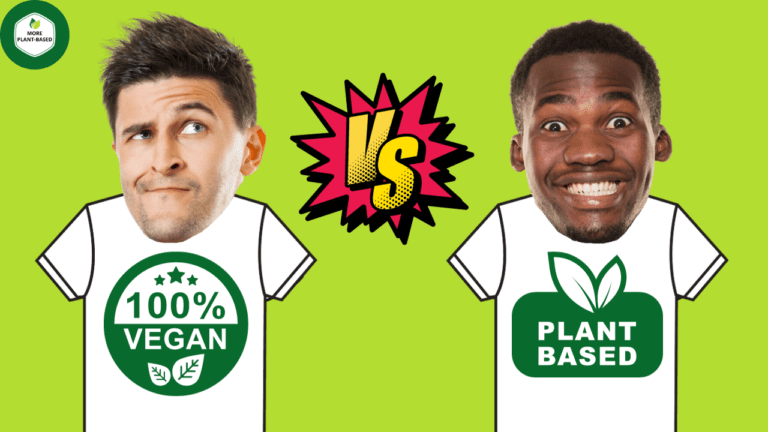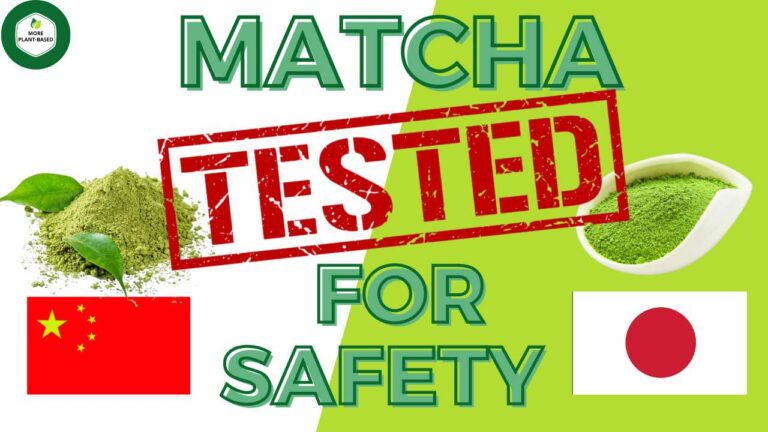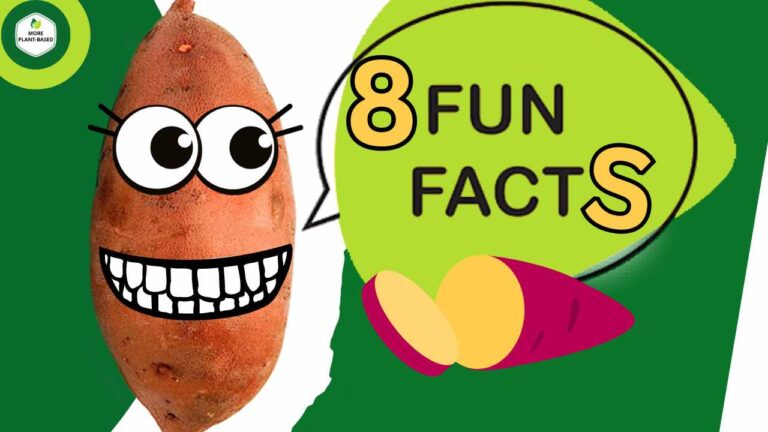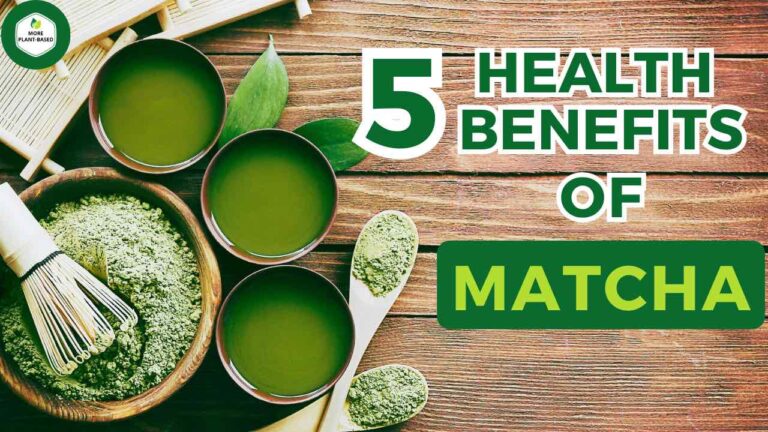In this article, we’ll demystify vegan protein by separating fact from fiction.
First, let’s take a moment to remember something important: regardless of our dietary choices, vegan or not, let’s embrace kindness and show compassion for one another, even when our beliefs and preferences differ. Agreed?
All right, let’s dive in.
The following article is based on a transcript of a video called “Dissecting 4 Myths About Vegan Protein.” Watch the complete video to access any visual materials.
I also wanted to let you know that this post includes affiliate links for products I endorse. You may use one of the links to support my mission (at no extra cost) if it aligns with your own values. However, I understand if you prefer not to. For that reason, I also provided regular links. I understand and respect your decision.
Myth #1: Vegan protein is incomplete and insufficient.
Fact: A well-planned vegan diet easily provides all essential amino acids through a variety of protein-rich plant foods like legumes, tofu, tempeh, nuts, seeds, and quinoa. Even without legumes, it’s possible to get enough protein.
Myth #2: Vegans need to combine proteins at each meal.
Fact: As long as you consume a variety of plant-based protein sources, your body efficiently utilizes the amino acids it needs without meticulously combining proteins at every meal. Your body maintains pools of free amino acids and is great at breaking down protein from our food and reassembling it as needed.
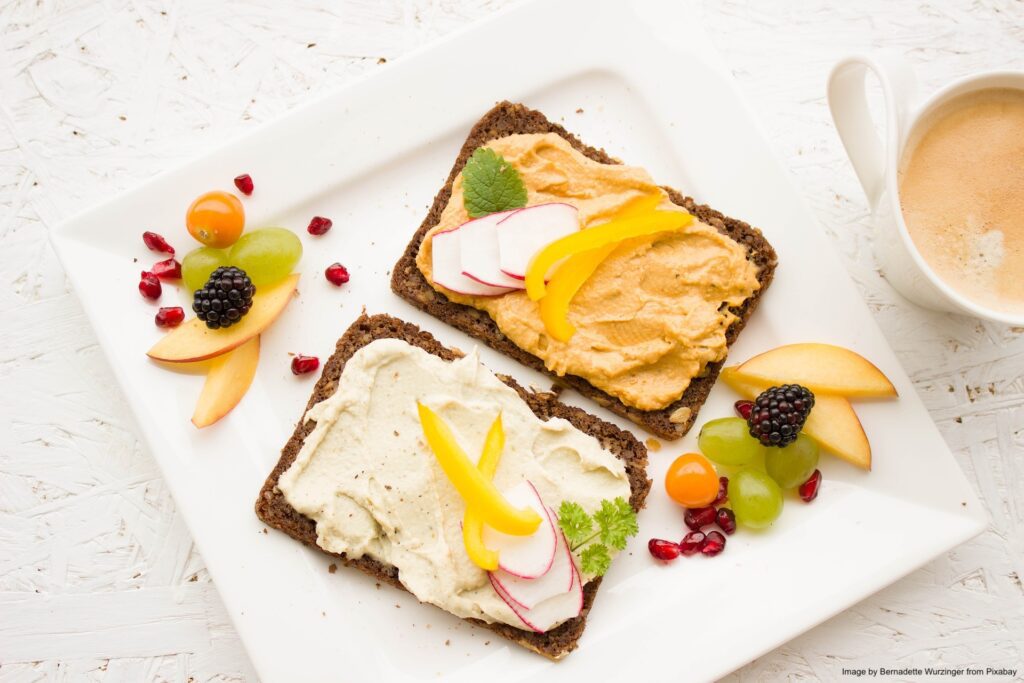
Myth #3: Vegans struggle to build muscle and be athletic.
Fact: Many successful vegan athletes and bodybuilders excel by incorporating protein-rich plant foods into their diets. Here are a few examples:
Myth #4: Vegans absolutely, positively, 100% need protein powder, or they’ll waste away into nothingness.
Fact: Protein requirements are often exaggerated and not based on solid science. It’s important to note that protein powders have been predominantly consumed by non-vegans, so it wouldn’t be fair to solely associate them with vegan diets.
We should ideally prioritize a well-rounded diet with actual food as the primary source of protein and nutrients. That said, protein powders can in some cases be convenient, particularly for athletes and busy individuals. In that case, choosing high-quality plant-based protein powders over animal-based options can offer specific benefits, particularly when animal protein is already abundant in the diet. It’s worth noting that many protein powders, whether sourced from plants or animals, have gained a reputation for being prone to heavy metal contamination. Be sure to choose protein powders that have undergone thorough pollutant testing.
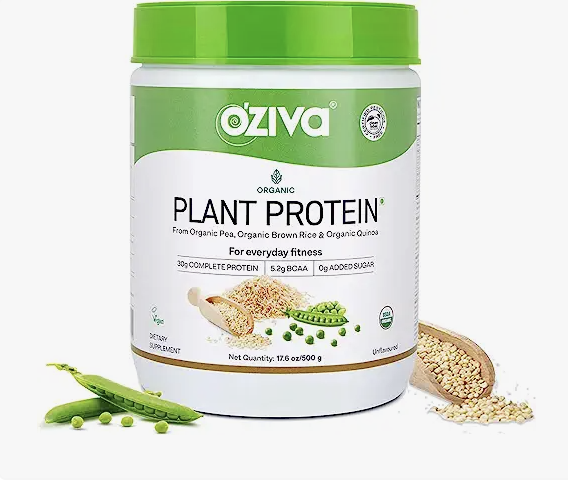
Oziva plant protein Affiliate link
Oziva plant protein Non-affiliate link
That concludes our exploration of vegan protein, separating fact from fiction. Make informed choices about your protein intake, and feel free to take a look at the Free & Handy Tools section.
Have you ever wondered whether plant protein was a better option than animal protein?Here’s your chance to find out! Is Plant Protein Superior to Animal Protein?





